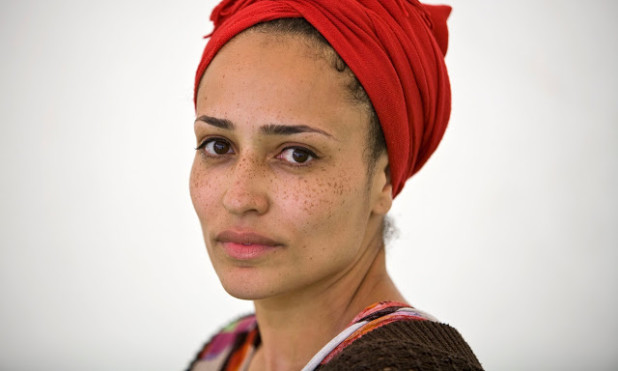Diversity Macht Frei
March 17, 2016
One evening in an empty classroom at our school last June, the English department got together to go through the courses offered by the new A-level and GSCE curriculum specifications. There was an uncomfortable moment as we realised that very few of the set texts we’d be teaching our students in the new school year were written by women, and fewer still by writers from ethnic minority backgrounds.
We knew that we’d have to work very hard to make texts like The Strange Case of Dr Jekyll and Mr Hyde (set way, way back in the Victorian past and including just one female character, a fainting maid) relevant to our students. As it stands, ethnic minorities are represented by just 5% of texts on some GCSE and A-level modules, according to our calculations.
To put that into perspective for our school, I have the privilege to teach a co-ed cohort where over 40 languages are spoken and 30 ethnicities are represented. We know from teaching them every day that texts like Jekyll and Hyde are the hardest for them to relate to.
We know they lose interest if they don’t recognise themselves or any part of their lives in the stories. We know the stories that fully engage them are those where the plots and characters hold relevance for them. After some soul-searching, we agreed to try and do something to make a difference besides teaching. We decided to launch the Curriculum Campaign, our appeal to increase the representation of women and ethnic minorities on the GCSE and A-level curriculums. We feel very strongly that in a country where women outnumber men by 51% to 49%, it can’t be right that, based on our own research, they are only represented by 31% of texts at GCSE and A-level.
This is a good illustration of how our culture is being eroded by the presence of the aliens and the dogmas of Equality. Of course it leaves out any consideration of relative literary achievement. Although women compete more successfully with men in fields that require verbal aptitude than in almost any other (because they have an inbuilt genetic advantage when it comes to language processing), even there the disparity between male and female achievement is large. 31% is a significant over-representation of female authors given the relative weight of their achievement. How many great female poets have there been in the history of the English language? None.

